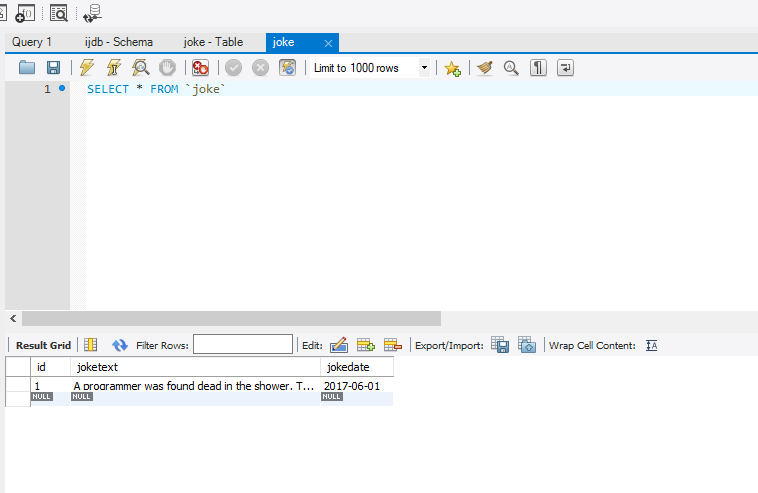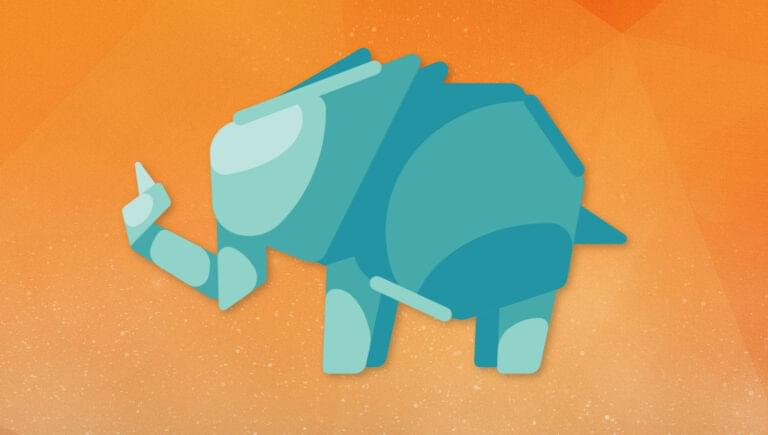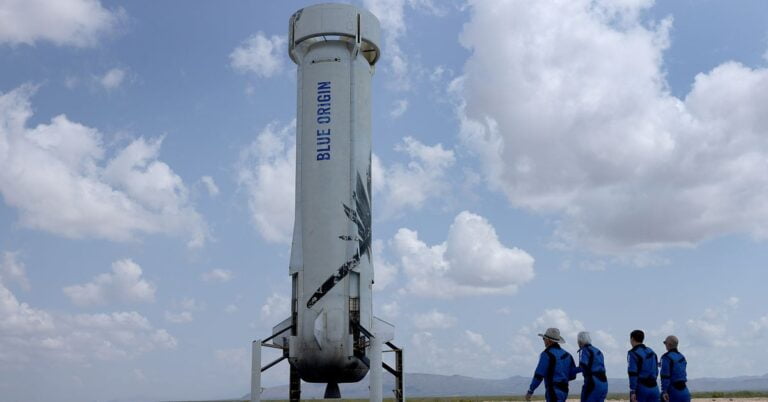
Forget artificial intelligence breaking free of human control and taking over the world. A far more pressing concern is how today’s generative AI tools will transform the labor market. Some experts envisage a world of increased productivity and job satisfaction; others, a landscape of mass unemployment and social upheaval.
Someone with a bird’s-eye view of the situation is Mary Daly, CEO of the Federal Reserve Bank of San Francisco, part of the national system responsible for setting monetary policy, maintaining a stable financial system, and ensuring maximal employment. Daly, a labor market economist by training, is especially interested in how generative AI might change the labor market picture.
Daly spoke with WIRED senior editor Will Knight over Zoom. The conversation has been edited for length and clarity.
You’ve been talking to early adopter companies about their use of generative AI. What are you seeing—or to ask the question on many people’s minds, are workers being replaced?
More firms than I would have imagined are already looking at it. Some are going to have more opportunities to replace workers, and some more to augment, But overall what I’m seeing is that no firm is using it as a replacement tool alone.
One person I talked to, her company invested in generative AI and used it to help write descriptions of items that they have for sale. They have hundreds of thousands of items, but not all of them are high-margin or are interesting to write about. And so they can keep adding more copywriting staff, or they could use generative AI to write first drafts on these items. Copywriters become auditors, and they do more interesting work.
How confident are you that generative AI won’t eliminate jobs overall?
Technology has never reduced net employment over time for the country. If you look at technology over multiple centuries, what you see is that the impact lands somewhere in the middle, not necessarily dead-set in the middle, but somewhere in there, and where we end up depends a lot on how we engage with the technology.
When I think of generative AI—or AI writ large—what I see is an opportunity. You can replace people, you can augment people, and you can create new opportunities for people. But you do have winners and losers. I came of age as an economist in the computerization era. That computer surge and the productivity that came with it clearly produced inequalities.
AI in general, but especially generative AI, is an opportunity to assist those middle-skilled people in being more productive. But that’s our choice, and that requires a lot of thinking on our part.
So white-collar workers could, in theory, be superpowered by AI. How can we ensure companies deploy the technology that way?
Before we ever get to compel, I think we could start with educate, and a tight labor market actually helps us. In a market where people with a computer science degree are harder to come by, companies basically get pushed by their own motive to be profitable and productive. They ask, ‘How can I utilize less expensive talent more effectively?’ I do believe companies’ thinking naturally tends toward replacing workers, because it’s easier to think that way, but this isn’t set in stone.
The companies that are developing and selling AI models and tools don’t seem to think that way. They seem exclusively focused on how AI can replace humans.
The AI model makers are going to tell you about going to the moon—replacing everybody, and all kinds of things, and that does feel dystopian if you’re a worker. Businesses will have to be willing to change preconceived notions of what a good worker looks like. If everybody has to have a four-year degree, if that’s your signal device, then of course lots of people who could be helpful to your organization don’t get hired. I think gen AI is more challenging to the concept [that certain jobs require certain qualifications].
Tech companies like to talk about building artificial general intelligence—AI that can do everything a human intelligence can. Is that unhelpful when it comes to thinking about how AI could affect labor?
I think it’s unhelpful. I was really struck by the three cases—writers, actors, auto workers—that are all worried about AI. They are worried about technology taking their jobs, and that’s because the dystopian narrative is very strong.
Ultimately people decide, not technology. And if you’re so afraid that you say, ‘We’re not doing it,’ then you end up with a worse outcome. It’s about how we deploy AI smartly, and well, so that we’re pleased 10 years from now.
Technology does not reduce net jobs in a country. But that’s not the same as saying it doesn’t affect inequality, or saying it doesn’t affect some people differently.
The Uncertainty Surrounding the Impact of AI on Jobs
Artificial Intelligence (AI) has become one of the most significant technological advancements in recent years. Its potential to transform various industries and improve efficiency is undeniable. However, there is a growing concern about the impact of AI on jobs. Will it lead to massive unemployment, or will it create new job opportunities? The answer to this question remains uncertain, as there are valid arguments on both sides of the debate.
On one hand, proponents of AI argue that it will create new job opportunities and enhance productivity. They believe that AI will automate repetitive and mundane tasks, allowing humans to focus on more complex and creative work. This could lead to the creation of new roles that require human skills such as critical thinking, problem-solving, and emotional intelligence. Additionally, AI can assist workers by providing them with real-time data and insights, enabling them to make better decisions and improve their performance.
For example, in the healthcare industry, AI-powered systems can analyze vast amounts of medical data to assist doctors in diagnosing diseases more accurately and efficiently. This not only improves patient outcomes but also allows doctors to spend more time interacting with patients and providing personalized care. Similarly, in the manufacturing sector, AI can optimize production processes, leading to increased efficiency and reduced costs.
On the other hand, skeptics argue that AI will lead to significant job displacement. They believe that as AI technology advances, machines will be able to perform tasks currently done by humans more efficiently and at a lower cost. This could result in job losses across various sectors, particularly in industries that heavily rely on repetitive tasks or manual labor.
For instance, autonomous vehicles have the potential to replace truck drivers, taxi drivers, and delivery personnel. Similarly, customer service roles could be automated through chatbots and virtual assistants. These advancements could lead to a significant decrease in employment opportunities for individuals in these professions.
Moreover, the impact of AI on jobs may not be limited to low-skilled or manual labor positions. AI has the potential to automate tasks that were previously considered exclusive to highly skilled professionals. For example, AI-powered algorithms can analyze legal documents, potentially reducing the need for paralegals and junior lawyers. Similarly, AI can automate financial analysis and investment management, potentially impacting jobs in the finance industry.
While the debate on the impact of AI on jobs continues, it is important to consider that technological advancements have historically led to job displacement but also created new opportunities. The introduction of computers and the internet revolutionized industries and created entirely new fields of work. It is possible that AI will follow a similar trajectory.
To mitigate the potential negative impact of AI on jobs, policymakers, businesses, and educational institutions must adapt and prepare for the changing landscape. This includes investing in retraining programs to equip workers with the skills needed for the jobs of the future. It also requires fostering a culture of lifelong learning to ensure individuals can continuously update their skills as technology evolves.
In conclusion, the impact of AI on jobs remains uncertain. While it has the potential to create new job opportunities and enhance productivity, it could also lead to significant job displacement. To navigate this uncertainty, proactive measures must be taken to prepare the workforce for the changing job market. By embracing AI technology while simultaneously investing in human skills development, we can strive for a future where humans and machines work together harmoniously, creating a more efficient and prosperous society.






